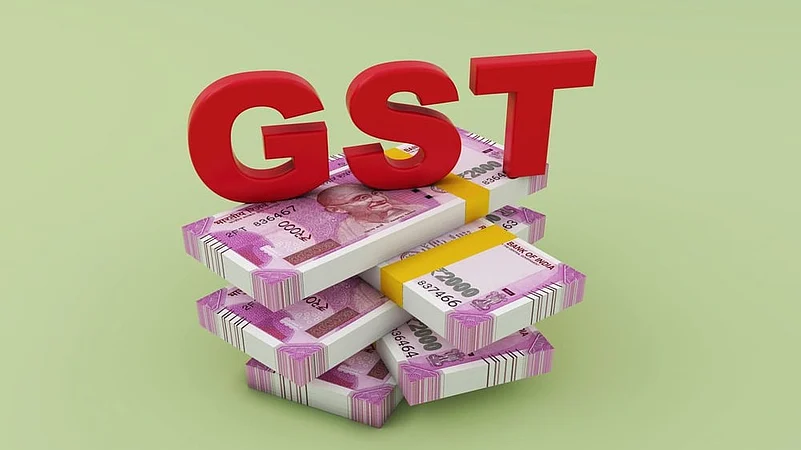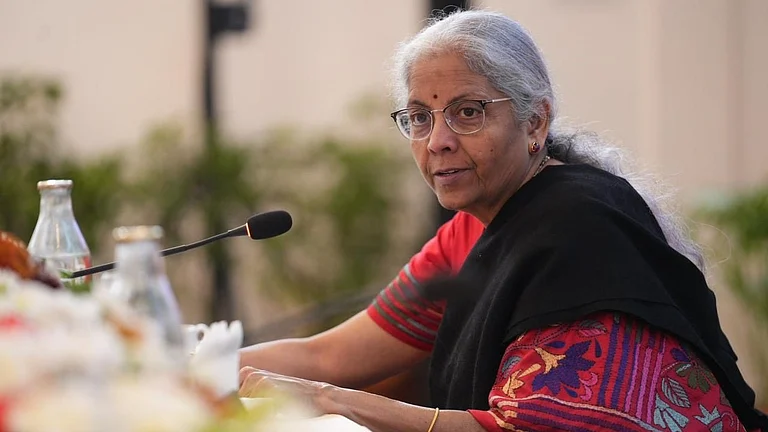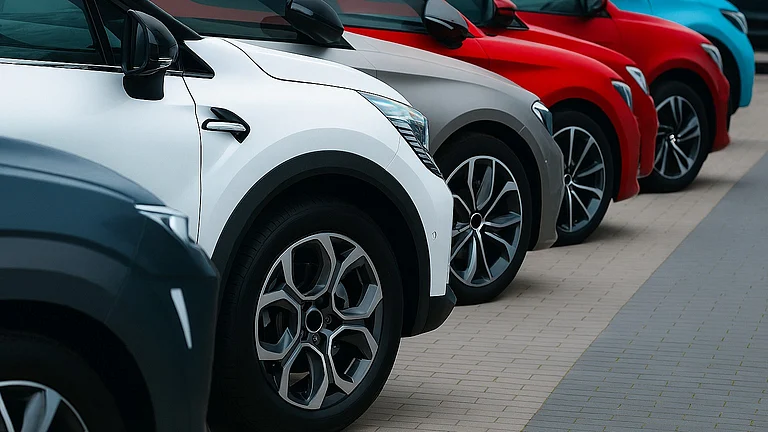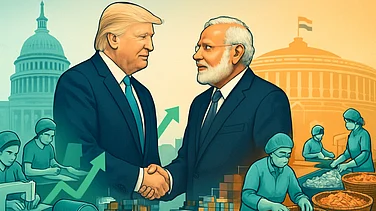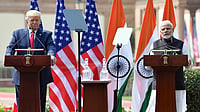
The Indian telecom industry has requested a GST cut on telecom services from 18% to 5%, citing their essential nature.
The insurance industry has urged cutting GST rates from 18% to 5% or zero, stressing it’s vital to boost insurance coverage in India.
The auto sector has demanded GST cuts on passenger vehicles and two-wheelers to boost affordability, sales, and manufacturing growth.
Narendra Modi-led government’s upcoming next-generation Goods and Services Tax (GST) reforms have attracted several sectors, including telecom, insurance, automobile, and mobile phone manufacturers, to voice their demands for rate reduction.
The government’s upcoming move to reform GST after nearly eight years of its introduction was announced by the Prime Minister in his Independence Day speech at the Red Fort.
“In the near future, we are set to implement reforms aimed at making life and business operations smoother and more convenient. As part of this vision, next-generation reforms will be introduced under the GST framework,” Modi had said.
Telecom Sector
The Indian telecom industry has sought a GST reduction on telecom services from the current 18% to 5%, citing that these services are of essential nature, the Economic Times reported. The Cellular Operators Association of India (COAI) reportedly said the industry is one of the most highly taxed, and nearly 30% of its earnings goes into paying taxes and levies like spectrum fees, license fees, and spectrum usage.
“We are hopeful that the government will also include the telecommunications sector in the proposed reforms, which would go a long way in giving the much-needed relief to the telecom industry,” director general, COAI, SP Kochhar told ET.
Mobile Phone Manufacturers
The India Cellular & Electronics Association, which represents phone manufacturers like Apple has urged the government to reduce GST from the present 18% to 5%. The association highlighted that the rate cut would fuel demand in a segment that has remained stagnant at 150 million units a year for the past four years, the Business Standard reported. The industry body raised concerns like higher GST rates have put pressure on mobile makers’ working capital and eventually resulting in decreasing India’s competitiveness.
“While the sector is a star performer under Make in India, demand for mobile phones has been stunted for the past five years. Volumes have dropped from 290 million to 220 million annually, while smartphones have remained static at around 150 million for four years,” chairman, India Cellular & Electronics Association, Pankaj Mohindroo, told BS. The higher GST has impacted affordability, digital access and domestic market expansion, Mohindroo added.
Prior to this, the association had demanded that the rate be reduced from 18% to 12%.
Insurance Sector
The insurance sector has been demanding a GST rate cut on health and life insurance for quite some years now. The industry has demanded that the GST rates be slashed from the current 18% to 5% or even zero, highlighting that the move is crucial to increase insurance coverage in the country.
“Tax incentives have played a vital role in increasing insurance coverage. Introducing a separate tax exemption for term insurance would encourage more Indians to secure their families with sufficient life coverage and narrow the protection gap,” President, PB Fintech, Rajiv Gupta told BS. “The 18% GST on premiums acts as a deterrent. Lowering the rate will make insurance products more affordable, directly benefiting policyholders,” Gupta added.
Auto Sector
The auto sector too has been at the forefront for demanding GST rate cuts for passengers' vehicles (PV) and two-wheelers to increase affordability for buyers, support sales and fuel manufacturing growth. Presently, PVs fall under the 28% GST slab. Additionally, there’s a compensation cess ranging from 1% to 22%, depending on engine capacity, length and body type, taking the total tax payable to as high as 50%. Reduction in GST rates in the auto sector will particularly benefit the entry-level models in the PV and two-wheeler segments.
“It is a big booster for the auto industry. The auto industry faces one of the highest amounts of tax, especially OEMs like Maruti. Any reduction of rate cuts for the auto industry is going to be a very big positive factor,” Equity Strategist, WealthMills Securities, Kranthi Bathini reportedly said.
Recently, Maruti Suzuki India chairman R C Bhargava too had advocated for tax revisions to boost demand for small cars.
“We have to wait till the GST Council decides on all the details of how this restructuring will be done, including what cars and others will carry as GST, and after that, only we will be able to give details on it,” Bhargava told MoneyControl.
Apart from the Maruti Suzuki India chairman, Hero MotoCorp executive chairman Pawan Munjal, and Bajaj Auto Managing Director and CEO Rajiv Bajaj too have urged for a reduction in GST on two-wheelers to 18% from the current 28% to boost the demand.







